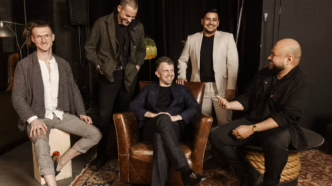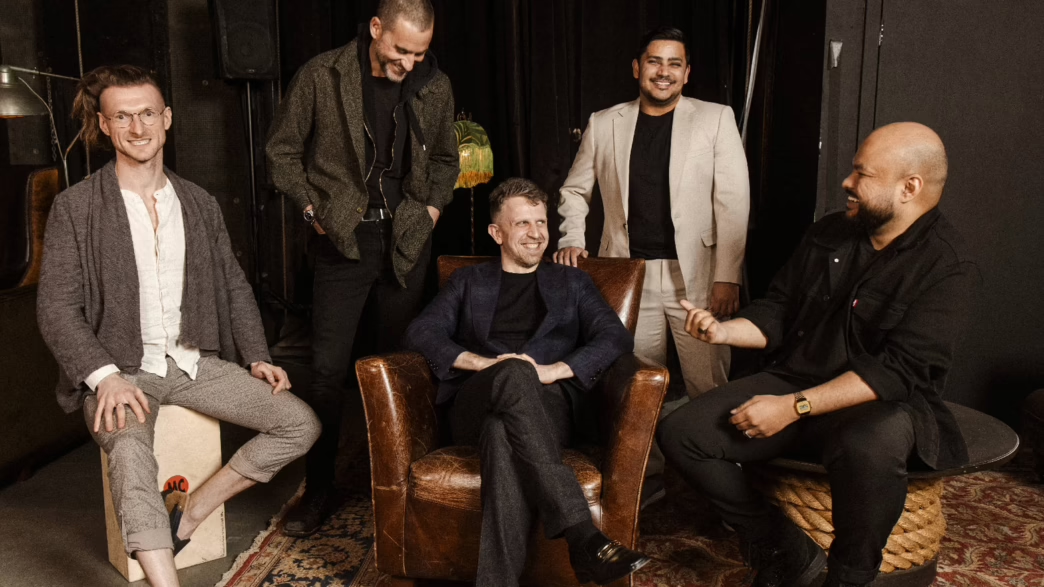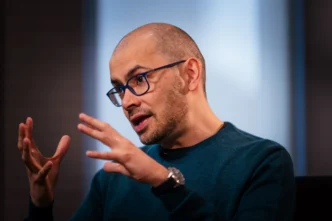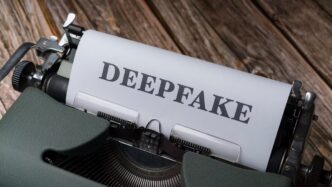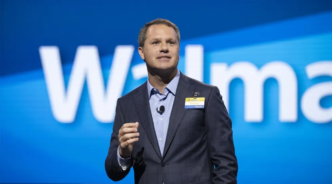Moonvalley, the Los Angeles-based generative AI video startup developing high-fidelity AI tools for creators, has quietly added another $10 million to its funding total, bringing its recent raise to $53 million. This comes just a month after the company publicly announced a $43 million round. A new SEC filing confirms the additional investment, bringing Moonvalley’s estimated total raised to around $124 million, according to PitchBook.
The extra cash, secured from 14 unnamed investors, isn’t part of a new round but rather an extension of the company’s existing raise. Moonvalley declined to comment on the filing.
While generative video startups are attracting unprecedented venture interest, the space is getting increasingly crowded. Platforms like Runway, Lightricks, Pika, Luma, and Kling are releasing new models at breakneck speed, often blurring the lines between novelty and utility. Tech giants like OpenAI, Google, and Alibaba are also in the race, pushing out tools that promise Hollywood-style effects powered by text prompts.
Training Ethics and Creative Control Set Moonvalley Apart
In such a saturated landscape, Moonvalley is betting on two things to stand out: the data it uses to train its models and the ethical design of its tools. While many generative video platforms rely on scraping publicly available content—often copyrighted—Moonvalley is taking a more deliberate approach.
The company says it collaborates with content partners to license video datasets legally, purchasing pre-approved footage for model training. This mirrors the strategies of players like Adobe, which trains its AI tools using content sourced from its Stock platform. This approach could reduce the legal risk tied to copyright infringement and explains why investors are backing Moonvalley in such a competitive field.
Its flagship model, Marey, was built in collaboration with Asteria, a new AI animation studio co-founded by Bryn Mooser. The model supports advanced camera and motion control, generates up to 30-second HD video clips, and includes filters to block prompts involving nudity, violence, or identifiable individuals. This positions it closer to OpenAI’s Sora in terms of safety and usability for professional workflows.
Beyond the model itself, Moonvalley is developing a user-friendly interface with storyboard tools and granular editing controls. Users will be able to generate video not only from text but also from sketches, photos, and existing footage. While the software hasn’t been shown publicly yet, co-founders have described it as purpose-built for filmmakers and creative professionals.
The founding team includes CEO Naeem Talukdar, formerly of Zapier, and DeepMind alums Mateusz Malinowski and Mik Binkowski. COO John Thomas, who previously co-founded Draft with Talukdar, rounds out the leadership team. Their backgrounds in growth, AI research, and enterprise-grade product development help position Moonvalley as a serious player aiming for long-term industry relevance.
Responding to Hollywood Concerns and Creator Trust
Moonvalley’s cautious approach to AI video isn’t just strategic—it’s essential in an industry grappling with rapid disruption. A 2024 study by the Animation Guild projected over 100,000 film and animation jobs in the U.S. could be impacted by AI by 2026. With creators increasingly wary of tools that automate their craft, trust is now table stakes.
To that end, Moonvalley says it will allow creators to opt out of dataset inclusion, enable user data deletion, and even offer indemnity protections to customers who face copyright claims. These protections could be especially attractive to production houses and agencies looking to explore generative video without legal blowback.
Moonvalley’s platform also commits to avoiding the use of AI to impersonate public figures, a growing concern as models become more realistic. Its tools will block users from generating content involving real individuals, including celebrities, and from entering NSFW prompts—further reinforcing its focus on ethical boundaries.
In a March blog post, the company summed up its mission: “We founded Moonvalley to make generative video technology that works for filmmakers and creative professionals. That means addressing fear and distrust, as well as solving technical problems that keep generative AI from being a realistic tool for professional production.”
With its careful focus on licensing, safety, and creator collaboration, Moonvalley is carving out a space that aims to blend creative freedom with legal and ethical guardrails—something the generative video space may need now more than ever.
